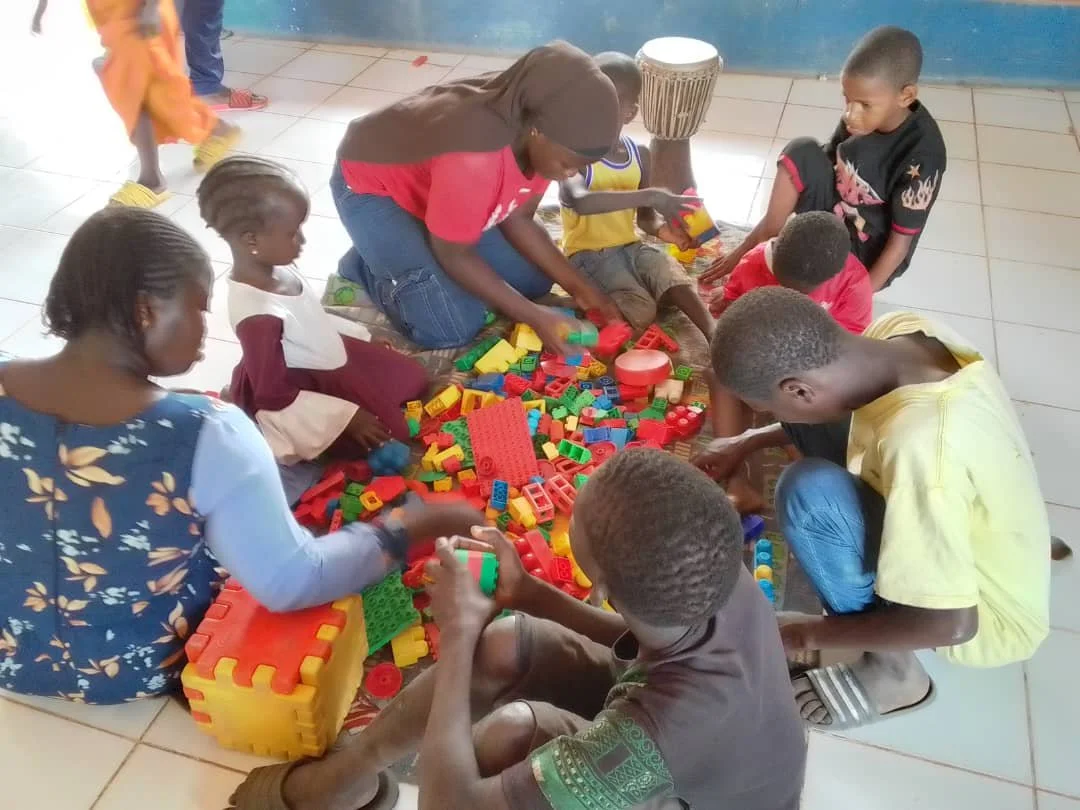A great many organisations seem to pride themselves on being a ‘voice for the voiceless’. Whilst this might come from a place of good intent, it begins with dangerous assumptions.
"I’ve never thought about disabled children in Africa”
The paralysing effects of pity
The ones left behind
Inclusive education in Africa: Look beyond the school gates
Only 2% of disabled children in Africa are attending school. This clearly isn't good enough. But what is inclusive education? Well, it's about much more than just being in the same room. We need to consider the complex reasons why disabled children are denied their right to a quality education and adopt a child-centred approach which looks beyond simple statistics.
Our top 5 achievements for 2016 - the year we changed more lives than ever before
How would you cope with a broken leg for 4 years?
Parenting is the hardest job in the world. Some things make it even harder
Disabled children are abused and abandoned in institutions around the world
There's more to December than Christmas - we can't ignore World Disability Day
Building an inclusive world is a formidable task but it'll be well worth it
'I thought my child was a devil'
This isn’t what you expect any parent to say of their own child. However, in many African communities, when the child in question is disabled, this is not unusual. We heard this particular statement from a father at our most recent Parent Support Meeting in Gunjur, The Gambia. But we have heard it before. And it matters – a lot – because it is these persistent and negative attitudes that isolate and disable people with impairments.


